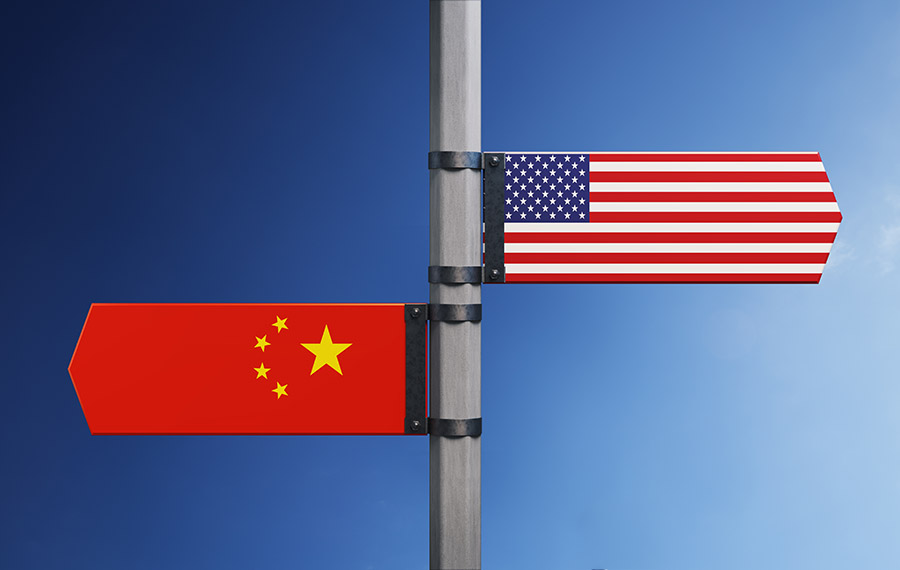
Shen Yamei, Director, Department for American Studies, China Institute of International Studies
Aug 14, 2019
Though many negative beliefs continue to circulate widely within the American media and the American government, Shen Yamei makes clear that these fallacies are unfounded by analyzing relevant literature, key moments in US history and American foreign policy strategy. She argues that, China will not bend to American narratives, and only when the US starts to realize it, can it begin to reverse course and decide to put its China policy back on the right track.
Du Lan, Deputy Director at Asia-Pacific Institute, China Institute of International Studies
Aug 06, 2019
While China-U.S. relations remain moderate, they are also in a critical position to steer away from a full ideological conflict. In order to prevent another cold war, both sides must recall that cooperation is in both parties’ best interests.
Seung-Youn Oh, Associate Professor, Department of Political Science, Bryn Mawr College
Aug 02, 2019
The remaining gaps in the U.S.-China trade negotiations are harder to resolve because they reflect differing views on what is the ultimate game plan of the trade war.
Tian Feilong, Associate Professor, the Law School of Beihang University
Jul 29, 2019
The China-US reconciliation at the Osaka G20 Summit grants opportunities for a new trade deal to stabilize the global economy. However, if protectionism, populism, and international tensions go unchecked, the summit’s benefits are likely to be short-lived.
Su Jingxiang, Fellow, China Institutes for Contemporary International Relations
Jul 24, 2019
Recent behavior by the US suggests it is not as intent on reaching a “fair deal” so much as it is buying time. Even if a short term agreement is reached, it is increasingly clear that this trade dispute is a prelude to a longer struggle between a multipolar and unipolar world order.
Zhou Xiaoming, Former Deputy Permanent Representative of China’s Mission to the UN Office in Geneva
Jul 24, 2019
Though Osaka provided a signal of some hope for future China-US negotiations, reality indicates that negotiators have several thorny issues to confront before reaching the light at the end of the tunnel: normalized trade relations.
Li Yan, Director of President's Office, China Institutes of Contemporary International Relations
Jul 22, 2019
President Trump and President Jinping’s Osaka meeting marks a chance to reboot China-US relations. The two leaders would be wise to capitalize on new and promising opportunities for cooperation over competition.

An Gang, Adjunct Fellow, Center for International Security and Strategy, Tsinghua University
Jul 19, 2019
The open letter signed by US experts and scholars gives a voice to some of the cooler heads in China-US relations. But closer reading indicates that a serious and powerful challenge to Trump’s fundamental China strategy is still lacking in the US.

Chen Dongxiao, President, Shanghai Institutes for International Studies
Jul 17, 2019
Though their G20 Osaka summit meeting made headlines for its positive signals, President Xi and President Trump still must address three key areas for policy coordination: mitigating the global impact of financial innovation, balancing their scientific and technological cooperation with their respective national security concerns, and addressing the trend towards weaponizing trade and international finance.
Back to Top

- China-US Focus builds trust and understanding between the U.S. and China through open dialogue among thought leaders.
- Our Offerings
- Topics
- Videos
- Podcasts
- Columnists
- Research Reports
- Focus Digest
- Stay Connected
-
Thanks for signing up!
- Get the latest stories from China-US Focus weekly.